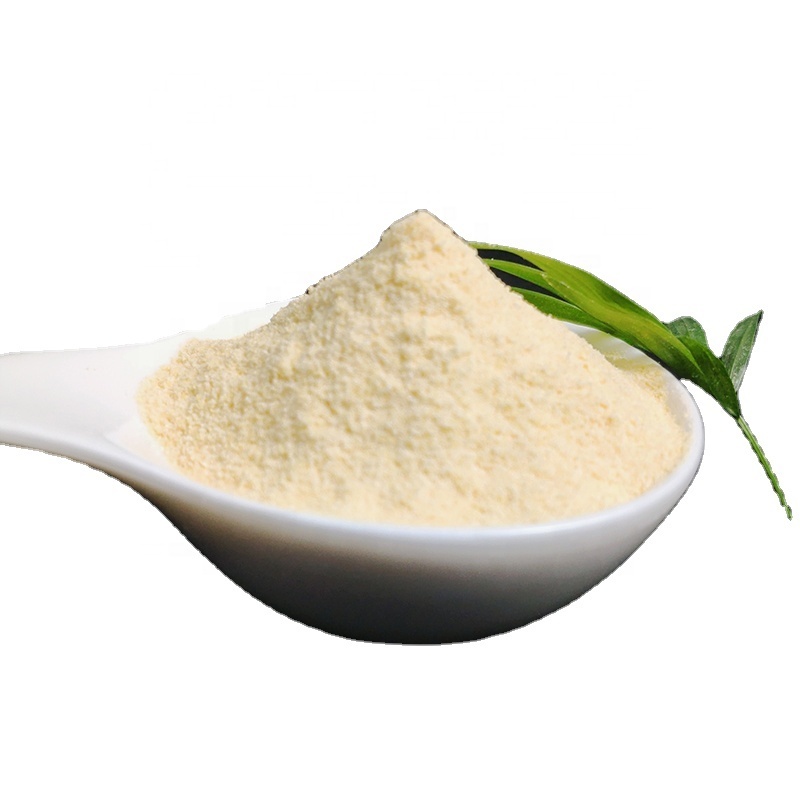-
Categories
-
Pharmaceutical Intermediates
-
Active Pharmaceutical Ingredients
-
Food Additives
- Industrial Coatings
- Agrochemicals
- Dyes and Pigments
- Surfactant
- Flavors and Fragrances
- Chemical Reagents
- Catalyst and Auxiliary
- Natural Products
- Inorganic Chemistry
-
Organic Chemistry
-
Biochemical Engineering
- Analytical Chemistry
-
Cosmetic Ingredient
- Water Treatment Chemical
-
Pharmaceutical Intermediates
Promotion
ECHEMI Mall
Wholesale
Weekly Price
Exhibition
News
-
Trade Service
Brent crude futures rose 1.
68% to $113.
50 a barrel on Monday (July 4), down more than $1 in early trading
.
Over the past month, crude oil prices have been weighed down
by the threat of recession.
On the other hand, the weakness in the oil market was partially offset by supply concerns over reduced OPEC production, unrest in Libya and sanctions against Russia
.
Norwegian offshore drillers are likely to go on strike on Tuesday, which will lead to a drop in oil and gas production as no progress
has been made by the negotiating parties.
The workers' action will begin at midnight local time on Tuesday (6 a.
m.
Beijing time on Tuesday) in three oil fields — Gudrun, Oseberg South and Oseberg East — and then expand to three other fields — Kristin, Heidrun and Aasta Hansteen — from midnight on Wednesday
.
The seventh field, Tyrihans, will also have to be closed
.
Annestatoil company Equinor said oil production would be reduced by 89,000 bpd and natural gas production by 2.
75 million cubic meters
by Tuesday.
NOG said on Sunday that by Wednesday, the strike would reduce the country's daily gas production by 29.
2 million cubic meters, or 13 percent
of production.
According to Reuters calculations, Norway's oil production will be reduced by 130,000 barrels per day, or about
6.
5 percent of production.
Stephen Brennock of oil broker PVM said: "This week's strike could cut supplies from Norway, Western Europe's largest oil producer, reducing overall oil production by around 8 percent, adding to the potential supply woes
.
" The backdrop of increasing supply disruptions conflicts with the likely limited capacity of Middle Eastern oil producers to increase production
.
If no new oil production enters the market soon, oil prices will be forced higher
.
”
According to a Reuters survey, OPEC failed to meet its June production increase target
.
OPEC member Libya said oil production fell by 865,000 b/d
.
Libyan authorities declared force majeure last Thursday at the ports of Es Sidr and Ras Lanuf, as well as the El Feel oil field
.
Meanwhile, Ecuador's state-run oil company Petroecuador said it had lost nearly 2 million barrels
of oil production after more than two weeks of unrest.
However, market sources said Ecuador's oil production rebounded 90% to 467,137 barrels after protests when demonstrator leaders and the government signed documents to end the protests
.
Giovanni Staunovo, commodities analyst at UBS, said risk appetite and a stronger dollar helped boost oil prices, with a possible strike in Norway adding to supply problems
.
Earlier, British Prime Minister Johnson called on the OPEC+ oil-producing group to produce more oil to solve the cost-of-living crisis
.
Vitol Group, the largest independent oil trading company, warned that soaring fuel prices were starting to hurt demand
.
(U.
S.
oil hourly chart)
European benchmark natural gas futures rose as much as 10 percent on Monday to their highest level in nearly four months and have more than
doubled this year.
ICE UK gas futures closed up 17.
14% at 282.
24p/kcal
.
As Russia, Europe's largest supplier, cuts supplies, Norwegian gas supplies are becoming increasingly important
.
At the same time, there were ongoing power outages at a major U.
S.
export facility, one of
Europe's main sources of natural gas.
The impact of supply pressures is spreading through the continent's economy, hurting industries
that are unable to pass on rising fuel costs to end users.
Analysts at trading firm Energi Danmark wrote in a note: Supply concerns are extremely high, and the market continues to increase risk premiums
.
Tensions will continue this week and we expect prices to rise
further if supply remains low.







